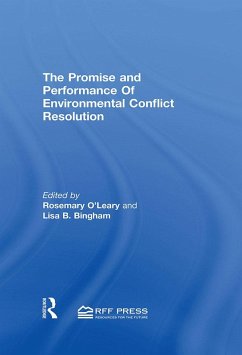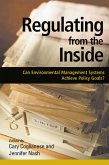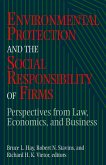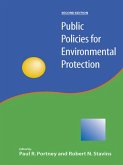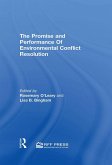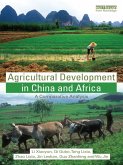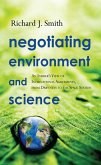Environmental conflict resolution (ECR) is a process of negotiation that allows stakeholder in a dispute to reach a mutually satisfactory agreement on their own terms. The tools of ECR, such as facilitation, mediation, and conflict assessment, suggest that it fits well with other ideas for reforming environmental policy. First used in 1974, ECR has been an official part of policymaking since the mid-1990s. This book describes the kinds of disputes where ECR has been applied, making it clear that "despite the faith of proponents in the power and usefulness of ECR, it is not applicable to all environmental conflicts." Contributions critically investigate the record and potential of ECR, drawing on perspectives from political science, public administration, regional planning, philosophy, psychology, anthropology, and law.
Dieser Download kann aus rechtlichen Gründen nur mit Rechnungsadresse in A, B, BG, CY, CZ, D, DK, EW, E, FIN, F, GR, HR, H, IRL, I, LT, L, LR, M, NL, PL, P, R, S, SLO, SK ausgeliefert werden.
Hinweis: Dieser Artikel kann nur an eine deutsche Lieferadresse ausgeliefert werden.

